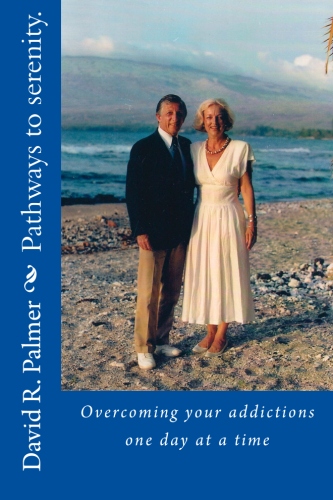By Jan Kucala
 Every day modern kids have to make choices that we as parents, teachers and counselors may never have dreamed about when we were kids.
Every day modern kids have to make choices that we as parents, teachers and counselors may never have dreamed about when we were kids.
Kids are under more stress today than previous generations. For many the word “family” may not evoke images of love and support but rather arguments and disconnection. Kids hear parents worrying about their jobs and money; they may be responsible for younger siblings; they’re under pressure to do well in school and get into colleges; they’re under stress to wear the right clothes, be skinny enough, good looking enough, popular enough; excel in sports, and even have a part- time job.
Peer pressure is a powerful thing and many adolescents and teens will reluctantly go along with the crowd to do things they know might be harmful to them just to fit in. Then there’s the onslaught of media attention on high profile sports figures, musicians and other celebrities which manage to make drug and alcohol abuse appear very attractive…and let’s face it the Scarlet “A” (for addiction) often times is more a badge of distinction then dishonor.
Substance abuse has become socially acceptable. And maybe you have heard some of these familiar refrains in response to criticism:
“My mom and dad have a drink every day when they get home from work so it’s OK for me.”
“Everybody does it. Besides it makes me look cool!”
“They were prescribed by my dad’s doctor, so it must be OK for me, too.”
“I heard that marijuana and mushrooms grow naturally, so they must be safe”
“The steroids are great! I am really buff now!”
“There’s nothing to do. I’m not bored when I’m high.”
Treating the addictions of teens is different than treating older adults and young children. Because the human brain does not fully develop until 30, alcoholism and drug abuse can permanently damage the brain, liver and other organs of the developing adolescent, not to mention the psychological and mental health issues that accompany substance abuse.
Last year 20 percent of the students in the 10th and 12th grades in Arkansas school districts admitted to using drugs or alcohol within the last 30 days. The drugs of choice for teens in this state are alcohol, prescription drugs and marijuana.
A sampling of studies shows that In Arkansas the underage (less than 21 years old) alcohol-related crash death rate at 4 per 100,000 is higher than the U.S. rate (2006 Substance Abuse in Arkansas, DHS & UAMS), that marijuana accounts for 64 percent of drug-related arrests for Arkansans under 18 and that Arkansas teens lead the nation in prescription drug abuse (2007 Office of National Drug Control).
What we are talking about today is not just a problem for parents, or the schools, but for the entire community. It is our responsibility to work together to reduce substance abuse.
The most effective drug prevention strategies are those that target more than one risk factor and are creatively integrated across the community. Studies show that teens who are busy and involved in community activities are less likely to engage in drug related behaviors and are more likely to avoid drugs altogether. And we don’t need studies to tell us that teens listen to teens.
Therefore I am proud to announce that One Day at a Time has asked us to be their community partner in developing their pilot program, Teen ‘Zine to reduce teen substance abuse by promoting awareness, not just of the extent of the problem and its treatment but also of the vastly underreported story of the glories of recovery.
The goals of Teen ‘Zine are:
• To empower youth to make healthier choices regarding the use of alcohol and drugs
• To educate the youth on the role of effective communications in substance abuse awareness, understanding and prevention
• To offer teens the opportunity to make their voices heard, share their ideas, opinions and experiences and becoming “teen influencers” in substance abuse prevention
• To serve as a community resource and partner in substance abuse education and awareness
Although we are still in the planning stages, I can tell you that this is a wonderful and unique opportunity. Teen reporters will learn about the role of communications in promoting awareness, of both substance abuse and recovery, and prevention. They will learn too about professional writing, editing, and research techniques, and understanding what makes a good story.
We believe that this combination of “teen to teen” communication and creative outlet will produce some short and long-term outcomes that will:
• Improve communication skills with peers, teachers and family
• Improve problem solving skills, ability to work cooperatively, negotiation and self management skills
• Increase resistance to peer pressure
• Increase respect for other people, increase empathy and increase their involvement in the community
As many remember, being a teen is difficult. It is a time of finding out who you are and setting goals for your future. Many times parents, school officials and community leaders don’t believe there is a teen drug and alcohol problem. They see drug and alcohol abuse as an adult or criminal problem. Let’s help make this a priority for our community.
Editor’s note: Jan Kucala is a Licensed Professional Counselor and a Licensed Drug and Alcohol Abuse Counselor. She has worked with children, teens and adults in the mental health community in Central Arkansas for 20 years. She is currently employed as a Clinical Counselor and Drug Abuse Counselor for the North Little Rock School District. The “Teen Zine” program is on hold as One Day at a Time switches the emphasis to writing for its website which has replaced the publication.



